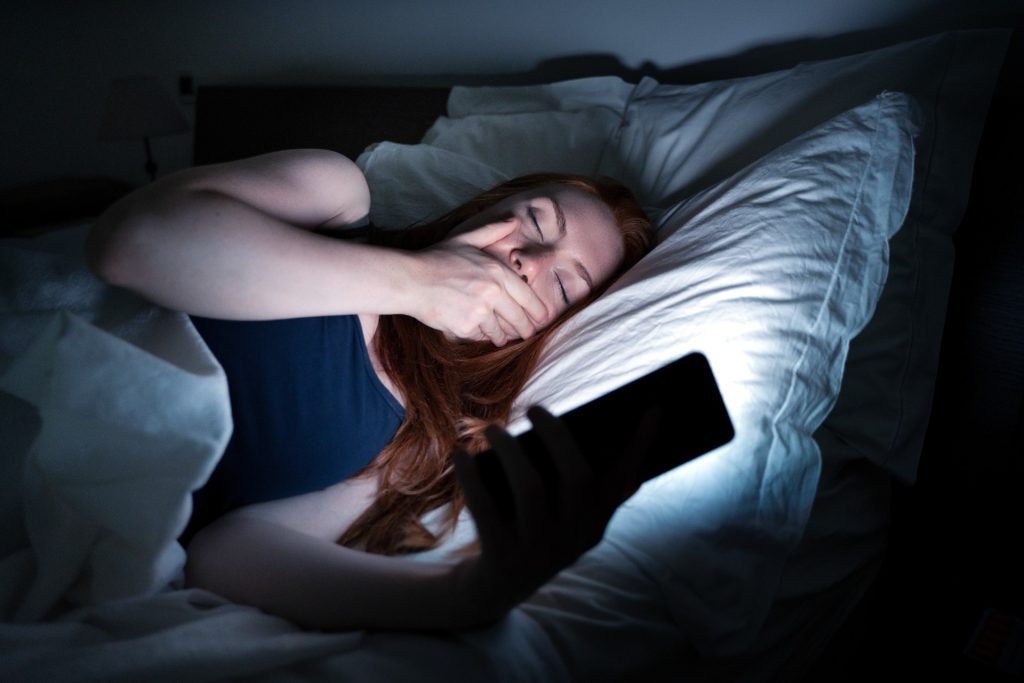New study shows even brief nighttime device use can cut sleep by nearly half an hour
Others are reading now
A new Norwegian study has found a strong link between bedtime screen use and disrupted sleep, revealing that just one hour of screen time before bed increases the risk of insomnia by 59% and reduces total sleep time by 24 minutes.
The study, published March 31 in Frontiers in Psychiatry, observed 45,202 young adults between ages 18 and 28 and examined how different screen-based activities—such as watching videos, gaming, reading, and social media use—impact sleep quality and duration.
As reported by Healthline, the findings challenge long-held beliefs that social media is more damaging than other digital activities.
Also read
Not All Screens Are Created Equal
“While previous research has often suggested that social media use is particularly disruptive to sleep, our findings challenge this notion,” said lead author Børg Sivertsen, PhD, from the Norwegian Institute of Public Health.
Interestingly, the study found that students who only used social media before bed had the lowest rates of insomnia and the longest average sleep duration.
Still, experts caution that these results don’t necessarily mean social media is harmless. Adolescents, in particular, remain more vulnerable to sleep disruption, given their emotional reactivity and tendency for later sleep cycles.
Sleep expert Jonathan Cedernaes, PhD, emphasized that individual sensitivity to light—especially bright or blue light—varies dramatically, with melatonin suppression differing up to 50-fold from person to person.
The Broader Risks of Inadequate Sleep
Beyond nighttime disturbances, chronic lack of sleep has well-documented impacts across numerous bodily systems. Insufficient rest can compromise cardiovascular, immune, respiratory, digestive, and endocrine health, while increasing risks for obesity, depression, and stroke.
Adding to the concern, previous studies have shown that merely having a screen device in the bedroom correlates with reduced sleep, even if it isn’t actively used.
How to Improve Your Sleep Hygiene
Experts recommend several practical steps to counteract the effects of bedtime screen use:
-
Limit exposure to screens before sleep, especially stimulating content like gaming or emotionally charged social media.
-
Use blue-light filters on devices in the evening hours.
-
Silence notifications and charge devices outside the bedroom.
-
Maintain consistent sleep and wake times, even on weekends.
As research continues to evolve, the growing consensus remains: managing screen use is essential for maintaining healthy sleep.

